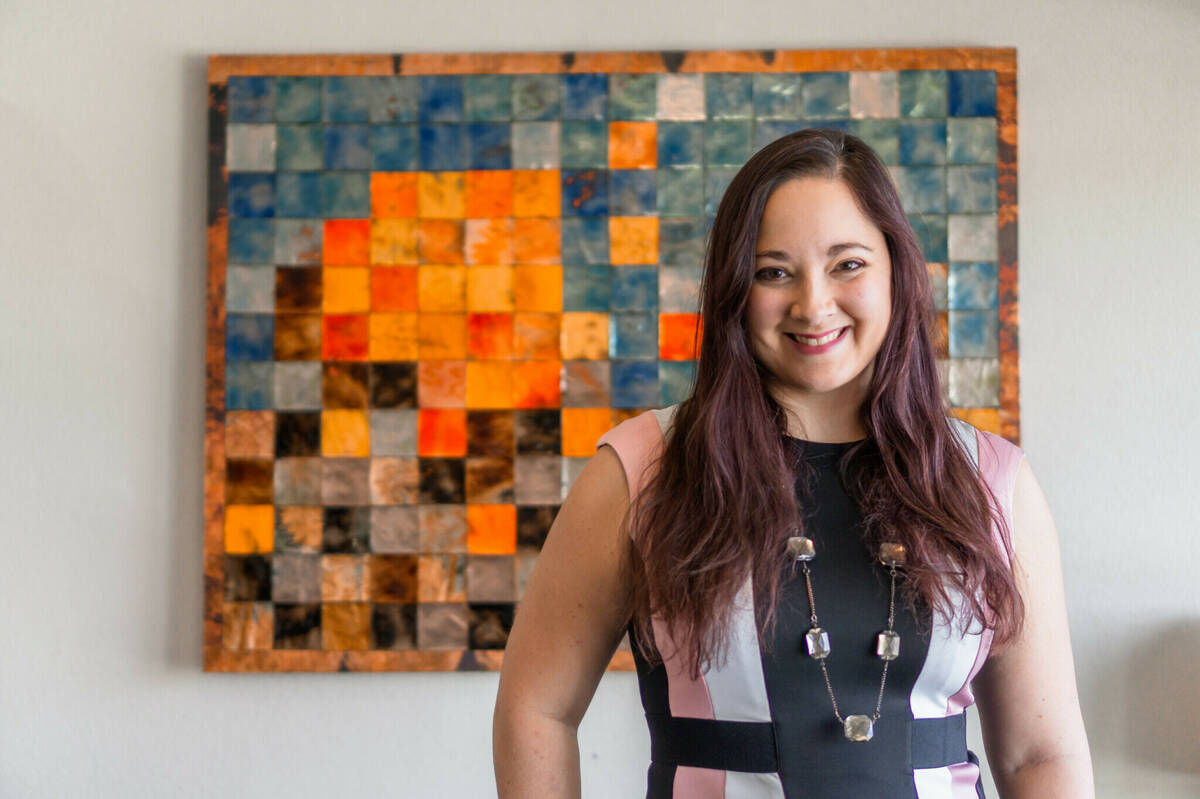
Employee Spotlight 29 November 2023
Linda Cardinal, RDN
Meet Ivinson's lead clinical dietitian, Linda Cardinal.
Linda Cardinal is a registered dietitian nutritionist and certified diabetes care and education specialist that has been helping patients with their nutrition goals for 17 years.
“I went into clinical nutrition because I was looking for a job that would help people,” Linda said. Uninterested in nursing, Linda found her niche in dietetics. “Before I became a dietitian I had some incorrect knowledge on what nutrition was and so it really helped me in my life and looking to help others in theirs.”
Originally from Philadelphia, Linda obtained her bachelor’s degree in nutrition and dietetics as well as her registered dietitian nutritionist license on the east coast. As a child, Linda and her family would visit Wyoming each year, leaving Linda with fond memories of vacations on the dude ranch and visiting Grand Teton National Park. When she chose to pursue her master’s degree at the University of Wyoming, she further fell in love with small town life which took her to Cody, Wyoming for work.
Returning to Laramie and joining the Ivinson team, Linda comes to work each day offering patients “Nutrition for the real world.”
“My patients can expect to be presented with realistic interventions tailored to their needs and lifestyle,” Linda says of her care philosophy.
In her day-to-day, Linda and the clinical nutrition team work closely with hospitalists providing medical nutrition therapy to patients that are hospitalized. Ivinson’s Clinical Nutrition Diabetes Clinic focuses on diabetes self-management and education, but Linda and her team also work with patients in dialysis, oncology and provide nutrition support for IV nutrition and patients who are on tube feedings.
“What many patients don’t realize is that we’re available for them to come see us on an outpatient basis, where we can work closely with their provider in tailoring a nutrition plan to their needs.”
Why see a clinical dietitian?
Common reasons to schedule an appointment with a dietitian:
- Elevated A1C
- New Diabetes Diagnosis/ Pre-diabetes/Diabetes Management
- Gastrointestinal Diseases/GI Conditions
- Lifestyle Changes (Prenatal, Pregnancy & Postpartum Nutrition, New Medical Diagnosis, Etc.)
- Weight Management
According to the National Diabetes Statistics Report, 38.4 million people nationwide have diabetes. It is estimated that 22.8% of adults are undiagnosed. In 2021, 1.2 million new cases of diabetes were diagnosed, that is almost 6 people per 1,000 to be given a new diabetes diagnosis.
At Ivinson’s Diabetes Self-Management Clinic, patients work with a registered dietitian or nutritionist to offer patients education, support and resources to help manage their diabetes.
“People can live very long, healthy lives with diabetes, but we have to do the work and we have to put in the effort to manage it. And that can take some support,” Linda said of working with patients in the diabetes clinic. “Life is a marathon and so is diabetes management.”
What can clinical dietitians help with?
Linda and the clinical nutrition team work with patients on a variety of services to best fit their nutrition needs including:
- Individual appointments teaching management skills
- Instruction on self-monitoring of blood glucose
- Oral Medications
- Insulin Therapy
- Individualized Meal Planning
- Carbohydrate counting and/or plate method
- Weight Management
- Hemoglobin A1C Test
- Reducing risks of diabetes-related complications
- Diabetes care during illness
While all of these services can make a positive impact on someone’s overall health, the first step is getting their foot in the door. For Linda and her team, providing education on their services and their care philosophy is half the battle.
“There’s a lot of all-or-nothing to a lot of people’s approach when they first come and see me. They feel like they’re never going to be able to have fun ever again. And I like to assure them when they come in that I’m never going to tell them that there’s something that they can never eat. Yes, we will have to make some changes and talk about what that looks like, but it’s going to be realistic. I’m not here to take away your favorite food, honest. But we are here to try and make some changes. And those changes are going to be tailored to that person.”
Increasing Diabetes Awareness
Linda is working with the Wyoming Center on Aging (WYCOA) and a group of other diabetes educators to inform and educate others about diabetes and diabetes awareness.
“We’ve come a long way in diabetic awareness and education in the last 10 years,” Linda said of increased resources. “10 years ago, 81% of people who had pre-diabetes didn’t even know it. Physicians weren’t often diagnosing the condition. And without knowing that you’re at risk, you can’t do anything about it.”
Prediabetes is the precursor before reaching type 2 diabetes and often happens gradually over 5 – 10 years. Prediabetes happens when blood sugars are higher than normal, but not high enough to be classified as type 2 diabetes.
“A lot of people can go back to a normal range of blood sugar and A1C,” Linda explained. “So we are really encouraging people if they have a family history of diabetes, or if they are at risk, take a risk assessment, go get your A1C checked, go to your doctor and get that checkup. Prevention can really do a lot.”
To schedule an appointment with Linda or another dietitian at Ivinson, call the Diabetes Clinic at (307)-755‑4640.